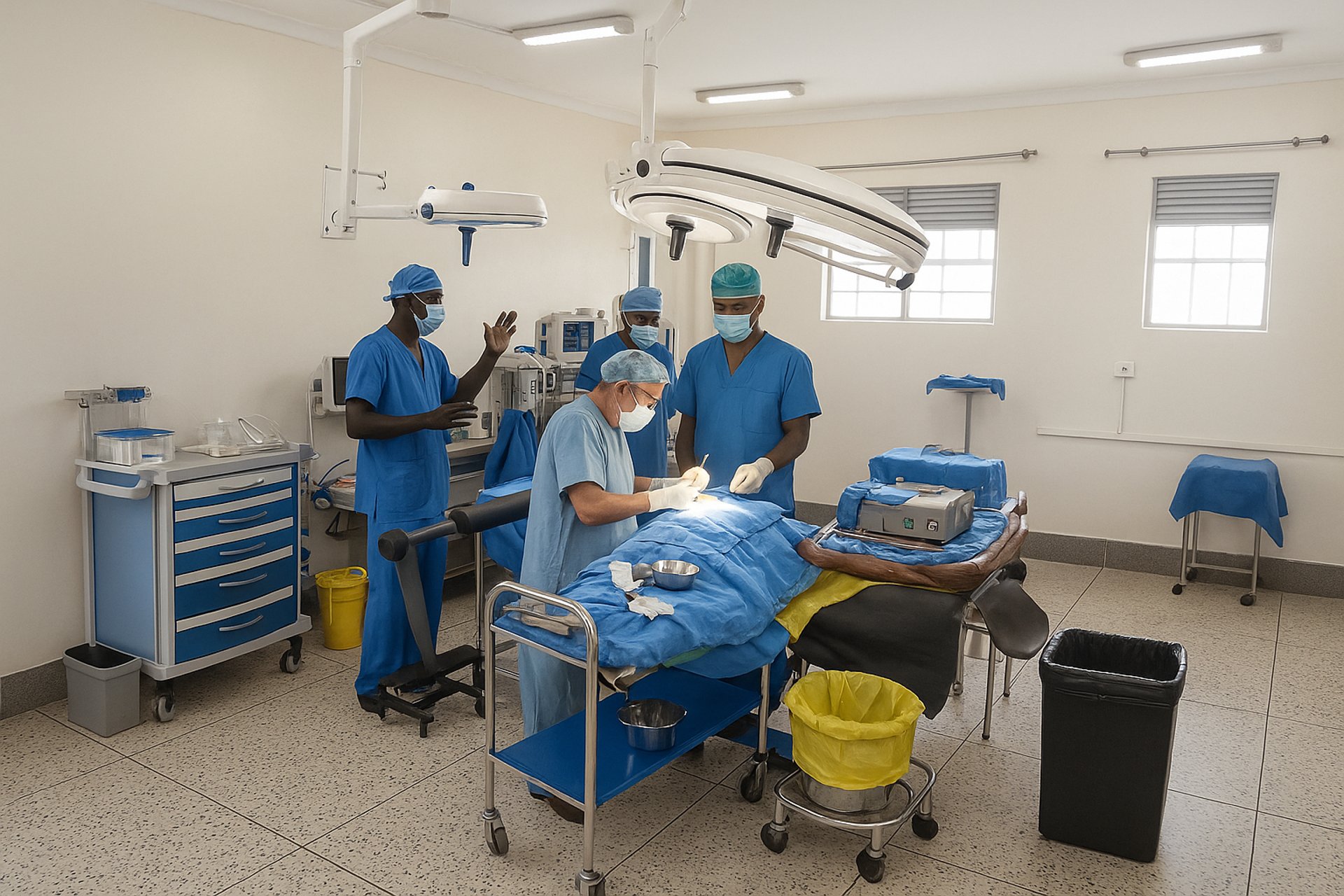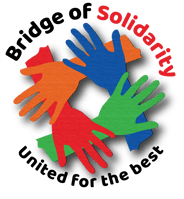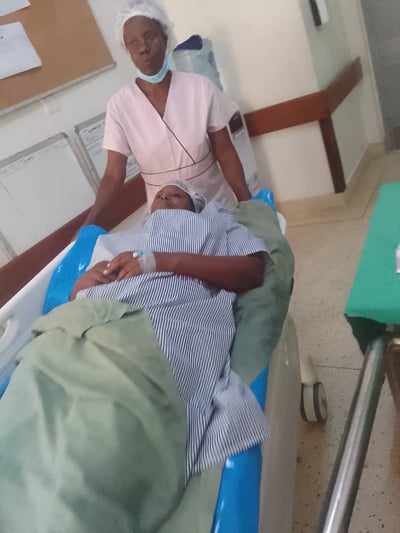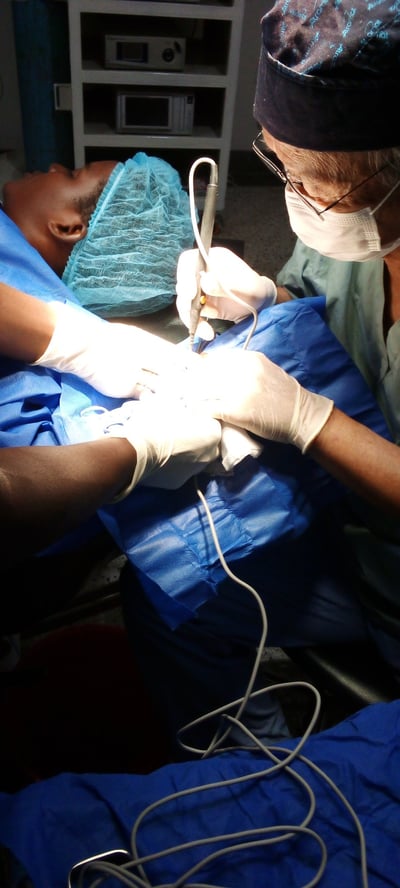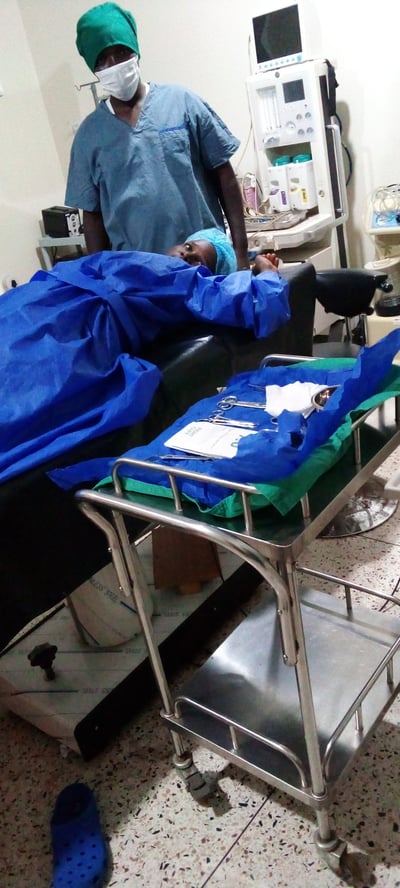Health
health awareness, as well as screening, are necessary to improve the lives of refugees, as the most threatening health conditions are preventable. Furthermore, we would like to assist in chronic disease medication, offer surgical treatments to the needy, meet emergencies, and address mental health disruptions. We plan to look for many health partners.
About the project
Starting point
The CARE FOR ALL program began in Nakivale settlement, home to over 230,000 refugees, where epilepsy and visual impairment were largely undiagnosed and untreated. An estimated 5,000 individuals live with epilepsy, 70% unaware of their condition, and 80% of those diagnosed had no or poor access to treatment. Women, often the primary caregivers, bore the emotional and social burden, limiting their roles in economic and community life.
Current impact
In partnership with medical professionals, local leaders, and refugees, BSO provided over 1,200 epilepsy consultations, ensured a consistent supply of antiseizure medication, introduced EEG diagnostics, and launched community education and psychosocial support. Eye care efforts screened 70 individuals for glaucoma, diagnosing 10 with moderate to advanced stages, and provided two years of treatment. BSO also facilitated 165 life-changing surgeries for the most vulnerable.
Partnership
Epilepsy treatment gap reduced from 76.5% to 0% in just 9 months
30.9% of patients became seizure-free; others saw significant seizure reduction
Cognitive improvements and self-management observed in 70% of those with intellectual disabilities
2,000+ people reached through awareness campaigns
The program continues to transform lives, restore dignity, hope, and promote inclusion for refugees living with health challenges.
